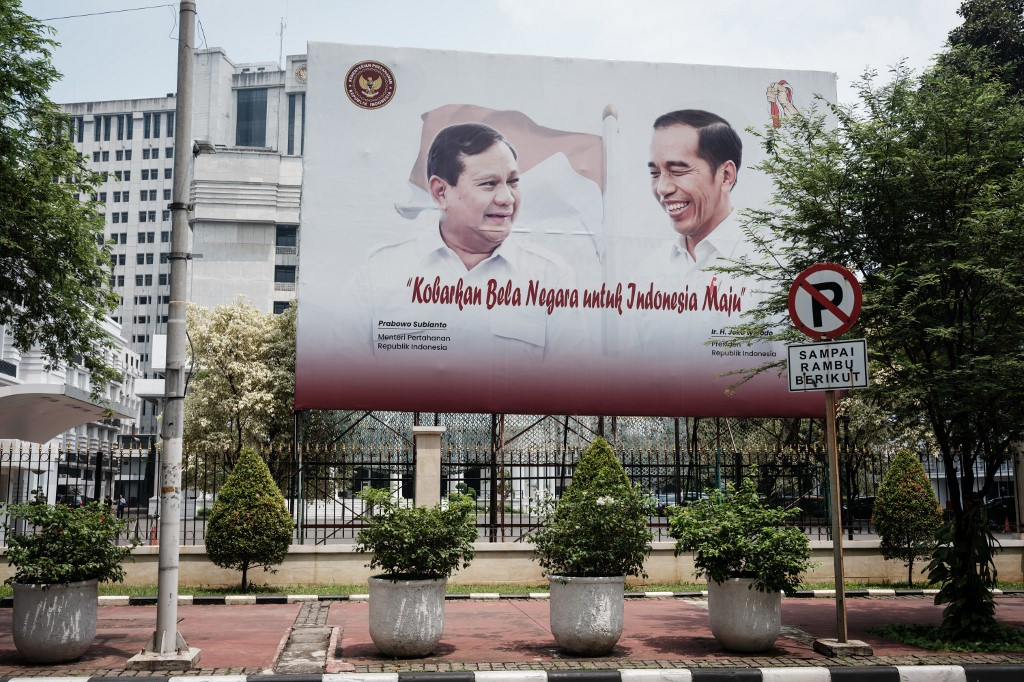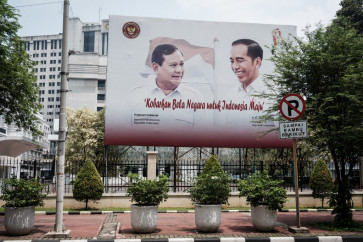Popular Reads
Top Results
Can't find what you're looking for?
View all search resultsPopular Reads
Top Results
Can't find what you're looking for?
View all search resultsThe Prabowo presidency must tackle these four necessary agendas
The fact that Prabowo won the election by a large margin does not erase the reality that a sizeable portion of the middle class, students, activists, intelligentsia, journalists and politicians have concerns about the country’s democratic development.
Change text size
Gift Premium Articles
to Anyone
It is a safe bet that, come October this year, Defense Minister Prabowo Subianto will be sworn in as Indonesia’s next president.
For now, Prabowo is keeping a low profile, careful not to steal the limelight from the incumbent President Joko “Jokowi” Widodo, to whom he partially owes his electoral victory. He is focused on formulating his presidential programs.
Whatever programs Prabowo will unveil, four major agendas await him. They will define his legacy as Indonesia’s seventh president in almost eight decades of independence.
First, is reform.
Prabowo’s stated ambition to achieve 7 percent growth would be impossible to achieve without a strong reform agenda. The market will cautiously watch how many credible reformers he will appoint to his cabinet alongside loyalists — especially the ministers of finance, and state-owned enterprises.
Since 1998, successive governments have gained mixed results in pursuing reforms. Constitutional, parliamentary, electoral, financial, military and bureaucratic reforms — all made good progress. Prabowo’s greatest challenge is in the sector most resistant to change throughout Indonesia’s modern history: legal and judicial reforms.



















